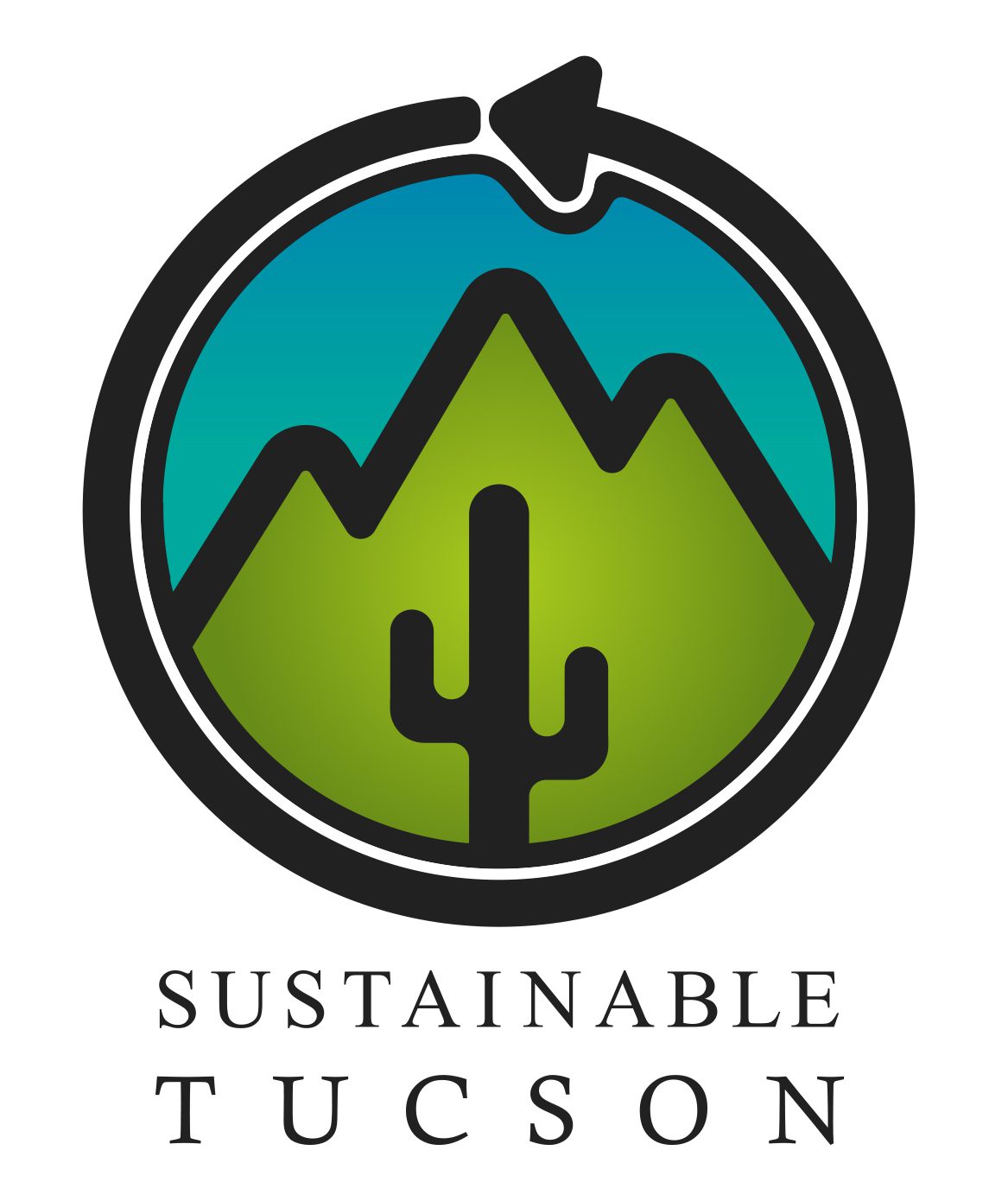Health, Environment and Climate need a Plastics Detox instead
August 20, 2024
Tucson residents should reduce and refuse single-use plastic, rather than tucking it in an orange bag, said a Tucson nonprofit dedicated to sustainability. In a report released today, Sustainable Tucson criticized the Hefty ReNew program for maintaining continued reliance on fossil fuels to produce plastics and for posing serious health and environmental risks by activities like burning plastics in cement kilns and in other high-heat processing.
Sustainable Tucson maintained that the corporations behind Hefty ReNew, Dow Chemical and Reynolds Consumer Products, “have a vested interest in fostering demand for single-use disposable plastic, not curtailing it.” The group called on Tucsonans to “shift their focus to reducing and refusing single-use plastic and other disposables instead of spending money buying even more disposable plastic to collect material that was designed to be used once and then thrown away.”
Sustainable Tucson called on Mayor Romero and the City Council to adopt “front-end strategies that prevent the generation of plastic waste in the first place over approaches that seek to manage it after the fact.” The report outlines six measures the City could take to “actively promote alternatives to single-use plastic and incentivize new ways to bring products to consumers in refillable and reusable packaging.”
The report details six key findings:
- The Hefty ReNew program perpetuates wasteful throwaway systems and single-use habits.
- Hefty ReNew underscores the fossil fuel industry’s pivot to plastic production as its next major growth market.
- The program fails to address plastic’s widespread threats to the environment and human health.
- Repurposing plastic waste into alternative building and construction materials is not circular.
- Turning plastic waste into burnable fuels and/or small amounts of chemicals through pyrolysis and other high heat waste facilities is inefficient and dirty.
- Sending plastic waste to cement kilns to create energy is also highly polluting.
For more information, please contact Kevin Greene at kevin@sustainabletucson.org.
Download the full report here.
